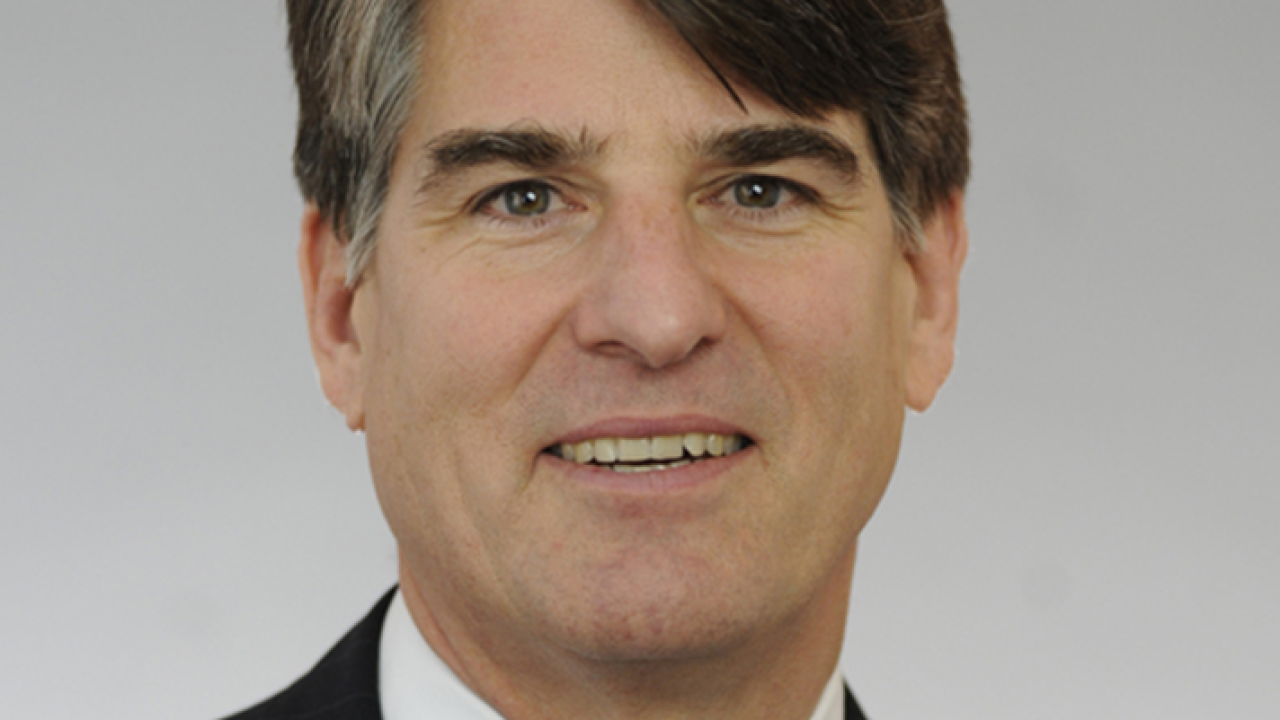Colorado voters may rewrite some of the state's rules for taxes and public finance, 27 years after approving the Taxpayer Bill of Rights that restricts governments' ability to spend excess revenue.
Tuesday’s ballot asks voters statewide to consider Proposition CC, a measure that would loosen the strings of the 1992 TABOR Amendment to boost funding for education and transportation.

If the proposition passes, the state would be able to keep all revenue that surpasses the TABOR limits, which require state and local governments to return revenue exceeding the rate of population growth and inflation.
Proposition CC does not seek to overturn TABOR’s requirement for voter approval of any tax rate increases.
Colorado has collected revenue above TABOR’s limit in nine of the past 26 fiscal years. The excess revenue generally goes toward property tax discounts for seniors and veterans. The remainder goes back to taxpayers through state income tax refunds.
The TABOR Amendment was amended in November 2005, when voters approved Referendum C, a ballot measure that loosened revenue restrictions. This measure allowed Colorado to use money from existing revenue sources above the TABOR limit each year beginning in fiscal year 2006. Under the new provision, the state could spend all revenue subject to TABOR for five years through fiscal year 2010.
After that, the state could spend revenue above the TABOR limit up to a capped amount known as the "Referendum C cap.” Any retained revenue above the Referendum C limit must be applied to health care, education, firefighter and police retirement plans and transportation projects.
Measures such as Referendum C and this year’s Proposition CC are known in Colorado informally as “De-Brucing,” so named for Douglas Bruce, the Colorado Springs libertarian who proposed the TABOR Amendment and was later appointed to the state General Assembly.
Bruce believed that the government’s ability to retain revenue produced by rising property value without changing the tax rate was effectively a tax increase. He proposed that retaining that revenue should require voter approval.
Proposition CC has collected a number of endorsements from Colorado newspapers and public officials who see it as removing a hindrance to flexible budgeting.
“We have an opportunity to begin to repair the damage the state’s antiquated budget formula has done to critical government services,”
Despite ballot language that forswears any increase in taxes, opponents call Prop CC a tax increase because the state government would give back less of the money it collects.
The Colorado Republican Party opposes the measure.
“The whole purpose of Proposition CC is to keep and spend more of your money,” said Paul Prentice, professor of economics at the University of Colorado at Colorado Springs and senior fellow at the Independence Institute. “When government keeps and spends more of your money, there’s a word for that. It’s called a ‘tax increase.’
“It is a forever tax increase and an effective end of your Taxpayer Bill of Rights,” Prentice declared in a
As voters are considering the future of TABOR, many will also consider whether their local governments should be allowed to retain specific excess revenues under the TABOR formula.
“Without imposing any new tax or increasing the rate of any existing tax, shall the City of Colorado Springs be permitted to retain and spend up to $7,000,000,” Colorado Springs ballot measure 2B asks, citing specific uses for the money.
In Denver's suburban Jefferson County, voters will consider a seven-year exemption from TABOR requirements to address funding needs. Jeffco officials say they would have to release some jail inmates if Proposition 1A fails.

Another statewide ballot measure, Proposition DD, would authorize sports betting in the state and levy a 10% tax to support water projects in the semi-arid state.
In 2018, a U.S. Supreme Court ruling allowed all states to legalize sports
Under Prop DD in-person and online sports betting would be allowed in Colorado. Bets would be required to be placed in the state and would be limited to people ages 21 and older.
Beginning in May 2020, sports betting would be allowed both in-person at casinos in Black Hawk, Central City, and Cripple Creek if approved by local voters and online through internet sports betting operators contracted by casinos.
Prop DD would establish a $29 million tax on casino’s net sports betting proceeds. That is the amount kept by casinos after payouts to winners and the 0.25% federal excise tax.
Proceeds will be used to help pay for projects identified as part of Colorado’s Water Plan up to $27.2 million, a hold harmless fund of up to $1.7 million for entities that currently receive tax revenue from gambling and horse racing if they lose money as a result of sports betting, and gambling addiction services.
Opposition to the measure comes mainly from environmental groups opposed to expansion of mountain towns and the traffic gambling brings there, and from some religious organizations that consider gambling sinful and destructive to families.
Last year’s ruling by the U.S. Supreme Court overturned the 1992 Professional and Amateur Sports Protection Act banning betting on professional and collegiate sports. Under the 1992 law, sports betting was only legal in Nevada.
Delaware was the first state to act in the wake of the ruling by allowing an expansion of sports betting on June 5 followed by New Jersey on June 14. Mississippi, West Virginia, Pennsylvania and Rhode Island have joined in the rush since then. The Santa Ana Star Casino & Hotel on tribal land in New Mexico also allows sports betting.
Americans place almost $150 billion in illegal sports bets annually, according to the American Gaming Association. The





